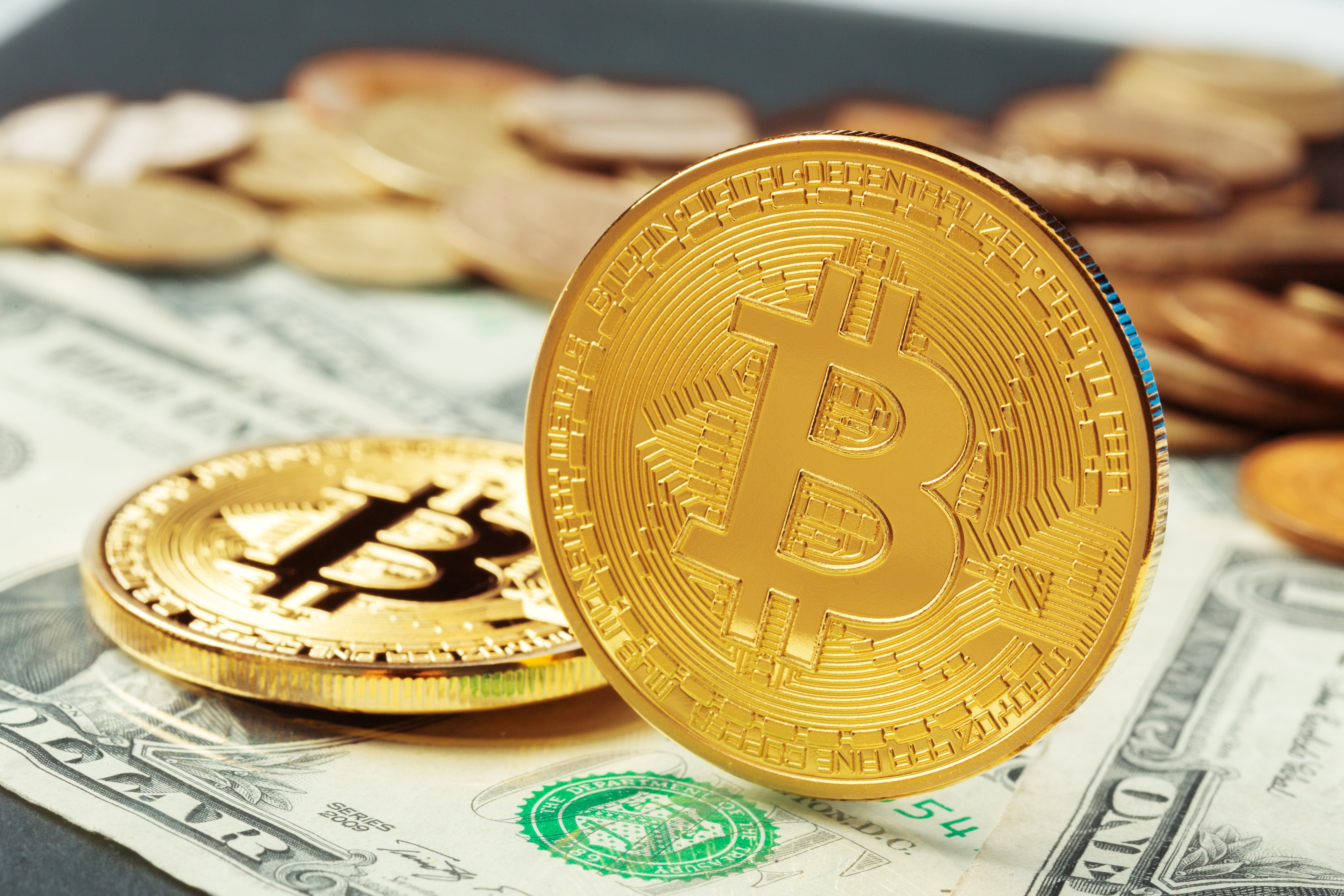Why Donald Trump’s Twitters mean more Infrastructure Investment in India…and soon
There’s a good reason why global financial markets responded so positively to last month’s landslide BJP win in India, and it’s called Donald Trump: the President’s announcement of a 25% tariff on steel imports last year, with 10% on aluminium and an increasingly bitter trade war with China has sparked a worldwide economic slowdown. Mr Trump might think “trade wars are good and easy to win”, but he’s in a small minority because most of the engaged world dislikes nakedly protectionist policies for good reason: because they’re bad for global trade and worse for market stability.
Which brings to the new Modi Administration. Financial Markets have responded positively to BJP’s return to Government on the subcontinent precisely because of the lengthy period of stability it heralds in an increasingly unstable world (take note Theresa May), added to which, unlike Donald Trump, Mr Modi has already earned his economic spurs through a series of groundbreaking market reforms that have improved India’s global economic standing: rising from tenth in the world to third in just four years on Cebr rankings. And the financial markets aren’t slow to catch on either: since January of this year, the Bombay Stock Exchange Sensex Index has risen by 7%.
But there’s a snag, in this sea of global turbulence India’s very stability and growth means more that than ever before the subcontinent needs to fuel its domestic markets to become less dependant on imports.
It’s not a lesson lost on Modi.
The BJP Manifesto for this year’s election included spending pledges of $ 1.4 Trillion to fund infrastructure projects over the next five years with the clear intention of building (domestically) on its economic growth and turning India into a global manufacturing hub. Infrastructure projects are the turbo charger of any advanced modern economy, and the Modi Government has already borrowed 4.4 Trillion Rupees ($ 63 Billion) since January to continue them at a faster rate than ever before.
And it’s not as though it can’t afford to do it either…India’s debt to GDP ratio is the lowest of all major global economies, running at at 67% compared with China’s astonishing 253%: so if all this looks overly ambitious, bear in mind that in the single year 2018/19 the subcontinent’s overall public sector expenditure was $352 Billion (more than five times the BJP Manifesto pledge) and it all means greater future public involvement in long-term infrastructure investment, which is good for India’s burgeoning real estate sector, good for the subcontinent’s economic prospects and, with a certain sense of irony, good for the global economy too.
Eat your heart out Donald Trump.
Modulex Construction is the World’s largest and India’s first Steel Modular Building Company, working to meet the challenges of India’s rapidly burgeoning real estate and infrastructure markets, delivering exciting opportunities for investors through the platform of its Red Ribbon’s Real Estate Fund. Because, when it comes to investing on the subcontinent, nobody knows India and its markets better than Red Ribbon.
[nectar_btn size="large" open_new_tab="true" button_style="regular" button_color_2="Accent-Color" icon_family="none" url="https://www.modulex.in/" text="Learn More About Modulex"]
Executive Overview
The exponential growth in India’s real estate sector over recent years, linked to an unprecedented growth in the subcontinent’s population and increased urbanisation, provides a powerhouse for future growth within the economy and, in conjunction with increased infrastructure spending over the next five years, that looks likely to take India’s economy to new heights. Not before time too: as the article points out, there is a pressing need for India to drive domestic growth further so as to insulate itself from increasingly turbulent international markets.
That’s why Red Ribbon has committed itself to supporting real estate investment on the subcontinent through its Real Estate Fund, established not only to meet the challenges of its markets but also to give our investors the best of the opportunities they have to offer.






.jpg)

Leave a Reply